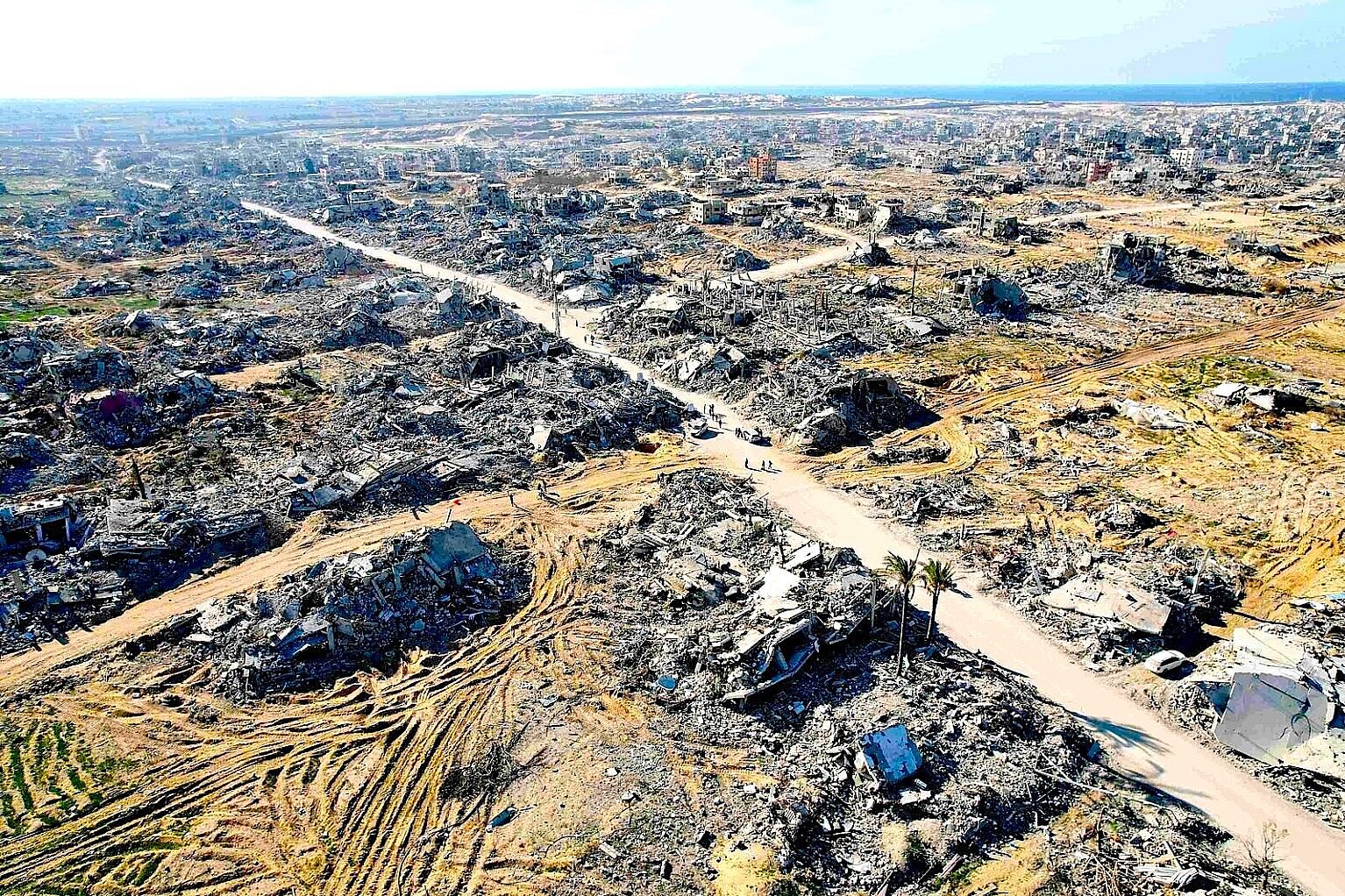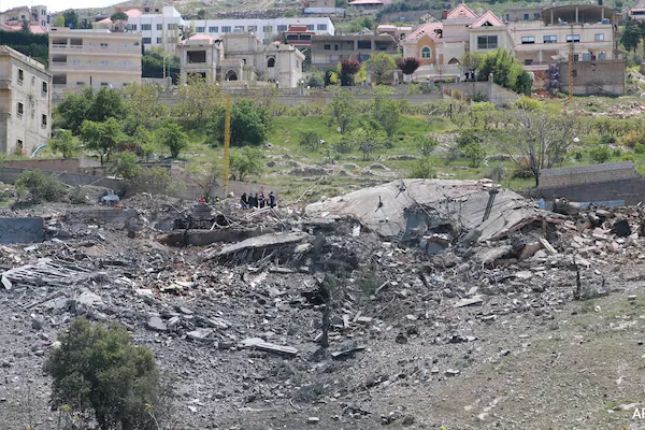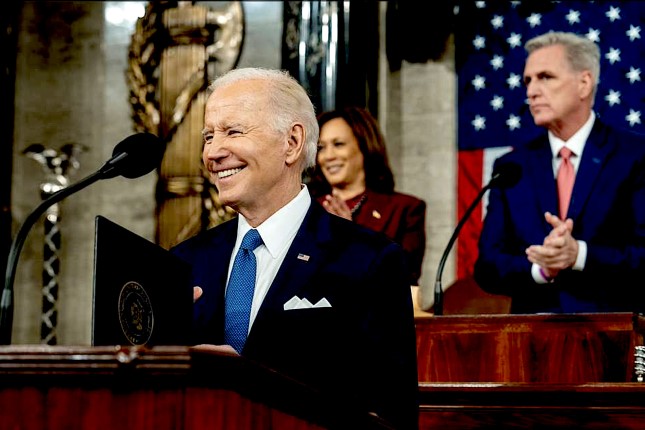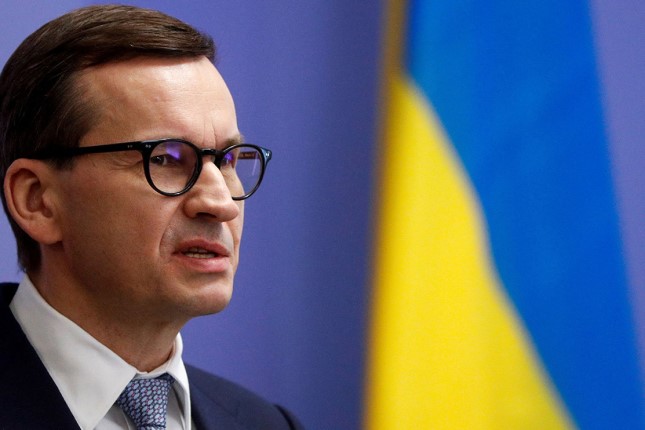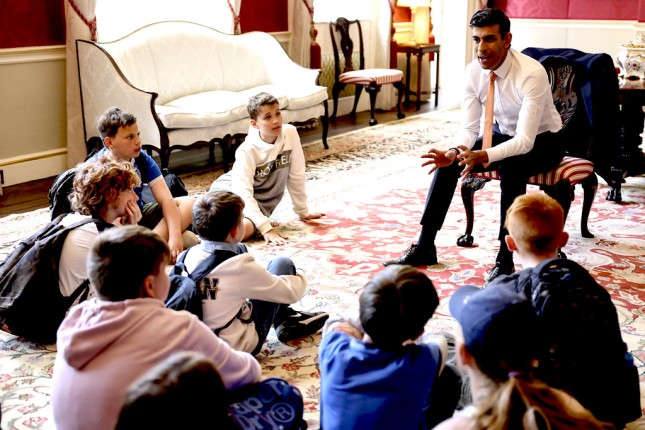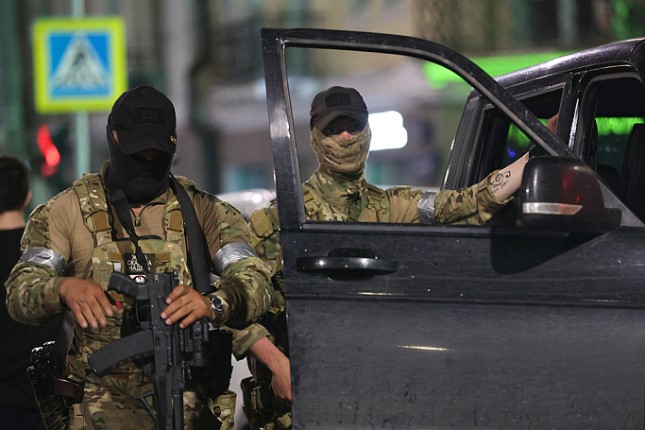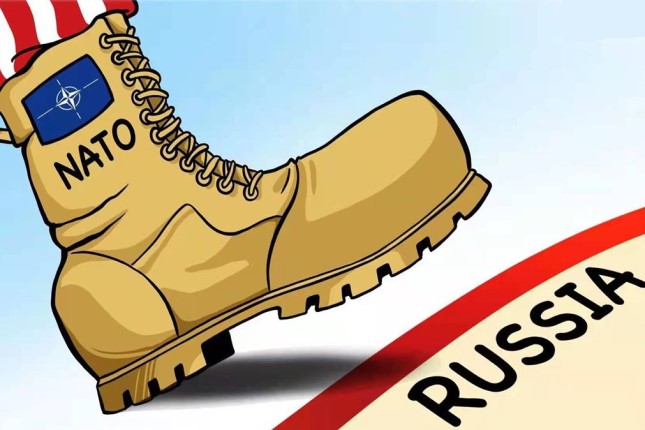The effort to bully Americans into co-signing this carnage, framed as a necessary strike against Hamas terrorists (whom Israel itself has funded and empowered), is not merely a geopolitical maneuver. It is a direct assault on the heart of Christianity’s 2,000-year legacy: the personhood revolution inaugurated by Jesus Christ. This campaign to normalize the massacre of the vulnerable will not succeed, however. The world today is too Christ-haunted, too saturated with the moral power of the victim, for such a repeal to take hold. Instead, it will backfire, exposing the fragility of empires built on scapegoating and violence. The Gaza crisis is a crucible, testing whether the West will embrace its Christian roots or reject them at its own peril.
On October 23, 2017, The American Conservative published my reflection on state-sanctioned violence, where I recounted a courtroom exchange that stunned a jury: “Why would I put a human being in a cage for using a blue pen? That is a nonviolent act and there is no victim.” The same question echoes now in Gaza’s smoldering ruins. Why would we endorse the slaughter of innocents to punish the guilty? The logic of collective punishment, of bombing schools and hospitals to “root out” Hamas, is the logic of the archaic sacred, where scapegoats were sacrificed to appease communal rage. This is the pre-Christian order Jesus dismantled when He stood in the place of the victim, exposing the lie that violence against the innocent can restore harmony. Yet today, powerful voices – politicians, pundits, and even some Christian leaders – demand we cheer for this bloodshed, as if Christ’s revelation never happened.
René Girard, the late Stanford professor whose mimetic theory I’ve long drawn upon, taught us that human societies are built on the scapegoat mechanism. We channel our rivalries and fears into violence against a designated “other,” believing their destruction will unify us. In Gaza, this mechanism is laid bare. Hamas’s atrocities on October 7, 2023, were indefensible, but Israel’s response – blockading, invading, and bombing with a death toll that includes thousands of children – has turned Palestinians into the West’s latest scapegoat. The narrative is familiar: “They” are the problem; “their” suffering is collateral damage; “we” must stand united in our righteous cause. This is the old pagan script, not the Gospel.
Christianity, through Jesus’ life, death, and resurrection, upended this script. The Cross revealed the victim as innocent, the mob as complicit, and the state’s violence as a sham. Mary’s Magnificat sings of this revolution: God scatters the proud, lifts the lowly, and defends the vulnerable. To co-sign Gaza’s bombing is to reject this song, to objectify Jesus as a mere symbol rather than the living truth who demands we see the personhood in every human face, especially the suffering. It is an attempt to repeal Christianity itself, to return to a world where might makes right and the weak are expendable.
But this repeal will not work. The world is too “Christ-haunted,” as Flannery O’Connor might say. The personhood revolution has seeped into our moral DNA, even among those who reject the Church. Why else do images of Gaza’s children – bloodied, orphaned, weeping – pierce our consciences? Why do global protests swell, from campuses to capitals, demanding a ceasefire? The West, for all its secular posturing, cannot escape the victim-powered ethic Jesus unleashed. Even atheists, shaped by 2,000 years of Christian anthropology, recoil at the sight of collective punishment. The more the war machine tries to drown out these cries with bombs, the louder the world’s conscience grows. This is not weakness; it is the enduring power of the Cross, which exposes violence as a lie that cannot hold.
The backfire is already evident. Evangelicals, long a bastion of uncritical support for Israel, are showing cracks of doubt. A 2023 survey by Christianity Today found that 42% of American evangelicals support an immediate ceasefire, and 50% acknowledge that Israel’s blockade has oppressed Palestinians. These numbers reflect a growing unease, a recognition that violence begets violence, and that dismissing Palestinian humanity – Christian, Muslim, or otherwise – betrays the Gospel. The dominant voices cheering for Gaza’s destruction are increasingly out of step, not just with global sentiment but with the nuanced convictions of many believers. The more the West ignores this, the more it risks alienating its own soul.
This crisis is a testing ground for the West’s Christian values. Will we embrace the personhood revolution – caring for the poor, the downtrodden, the scapegoated, as the early Church did? Or will we reject it, doubling down on the myth that bombs can secure peace? The stakes are existential. A civilization that sacrifices the vulnerable to preserve its power is a civilization that has already lost its way. The West, built on the Christian insight that every person bears God’s image, cannot survive if it trades that truth for the false gods of ethno-narcissism and militarism.
On my radio show, A Neighbor’s Choice, I’ve argued that true liberty is the absence of fear – fear of death, lack, or the “other.” Jesus modeled this liberty by refusing to scapegoat, by dining with sinners, by touching lepers. In Gaza, we are called to do the same: to reject the fear-driven narrative that paints all Palestinians as threats, to see their faces as neighbors, not enemies. The world watches as we decide. If we fail this moment, we do not just betray Gaza’s children; we betray ourselves, unraveling the moral fabric that holds us together.
The Gaza crisis is beyond a geopolitical tragedy; it is a spiritual test. It challenges us to live out the Gospel’s radical call to nonviolence and solidarity with the victim. The attempt to repeal Christianity’s personhood revolution will fail because the truth of the Cross is too potent, too deeply woven into our world. But the cost of that failure will be ours to bear if we choose the path of violence over the path of love. Let us choose wisely, lest we find ourselves strangers to the very values that made us who we are.
Source: AntiWar.com.




















